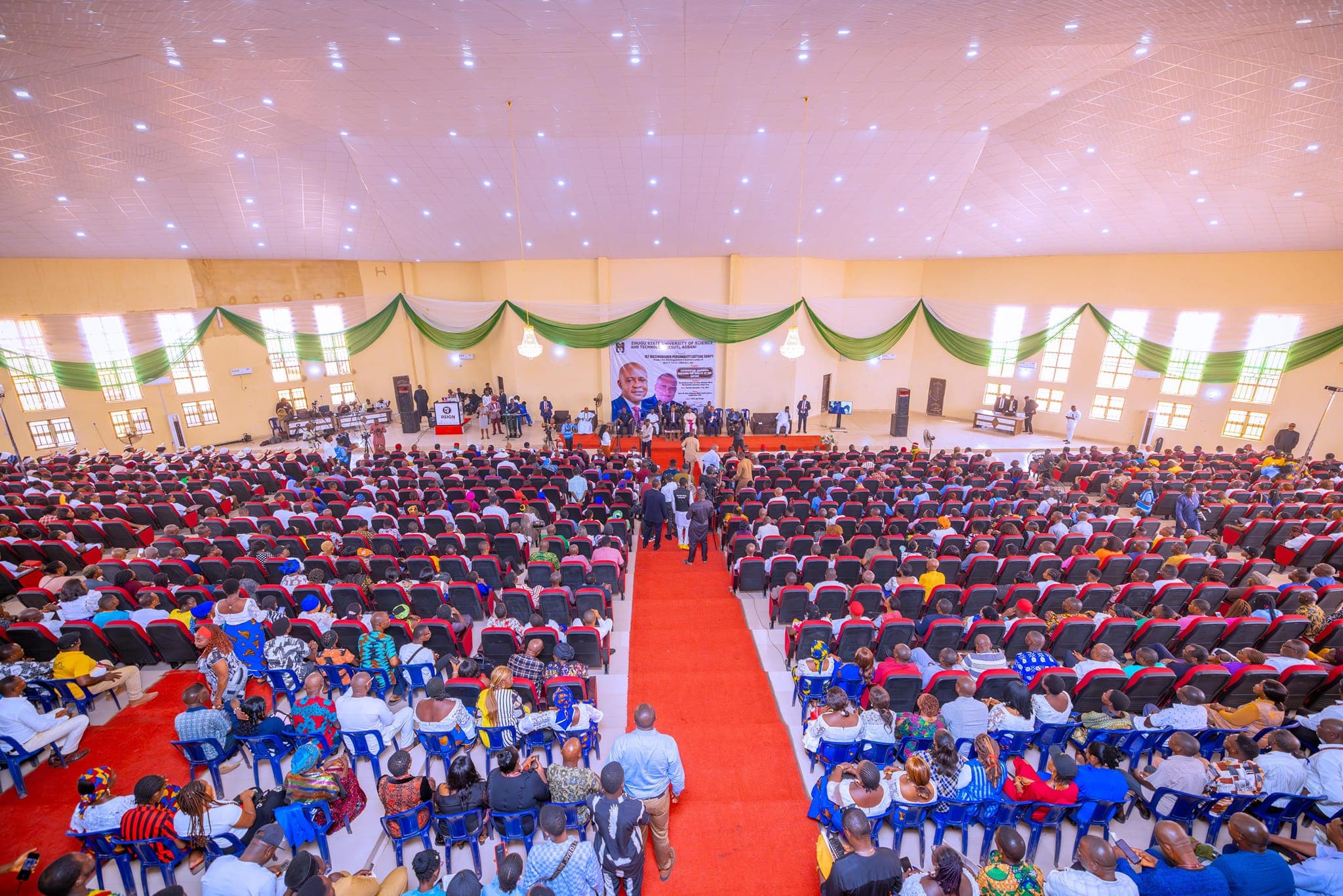
- Home
admission
Admission
Undergraduate Admission
Admission into the university can be obtained through the Joint Admissions and Matriculation Board (JAMB) or Direct Entry. Candidates applying via JAMB must have completed secondary school, be at least 16 years old by October 1st of the admission year, and meet the required examination standards. They must also have at least five credit passes, including English and Mathematics, in SSCE, NECO, or GCE O'Level, obtained in no more than two sittings, except for medicine applicants, who must have all five credits in one sitting, including Physics, Chemistry, and Biology. Direct Entry applicants must have at least two A'Level passes plus five O'Level credits or equivalent qualifications, such as an NCE with two major subjects and three other credits. Additionally, candidates must satisfy specific faculty or departmental requirements. English proficiency may be substituted with certain higher qualifications. Admission deferment is allowed for one academic year upon proof of acceptance and payment of school fees.
Read More...Postgraduate Admission
Graduates of Enugu State University of Science and Technology (ESUT) or other recognized universities with first degrees, as well as candidates with approved professional or HND qualifications, may apply for the Postgraduate Diploma programme. Admission is recommended by the Departmental Postgraduate Studies Committee and must be accepted within three months. The programme consists of coursework and a research project, with full-time study lasting a minimum of 12 months and part-time study requiring at least 18 months. Examinations are conducted at the end of each semester, with a minimum passing grade of C (50%) and a required 2.0 CGPA for certification. Candidates may study full-time or part-time, with work commitments affecting study duration. Master's degree programmes last a minimum of 12 months full-time or 18 months part-time, with a maximum of three and four years respectively. Extensions are rarely granted but may be considered under exceptional circumstances.
Read More...Mature Student Programme
The Mature Students' Programme (MSP) at Enugu State University of Science and Technology (ESUT) was established in 1988 to provide higher education opportunities for experienced professionals who could not attend university earlier. It is open to civil and public servants, self-employed individuals, corporate employees, businesspeople, and those who have developed academically through private tuition or G.C.E. studies. The programme gained significant popularity, enrolling over five thousand students within five years. Admission requires at least ten years of career experience and a minimum of five credits in the school certificate or an equivalent qualification.
Read More...Pre-Science Programme
The Pre-Degree Programme at Enugu State University of Science and Technology (ESUT) evolved from the original Pre-Science Programme, which aimed to address the shortage of qualified students in science-based departments. With improved enrollment in science programs, the Pre-Degree Programme was introduced as an upgraded, intensive one-year course to enhance the quality of admitted students across all departments.
Read More...